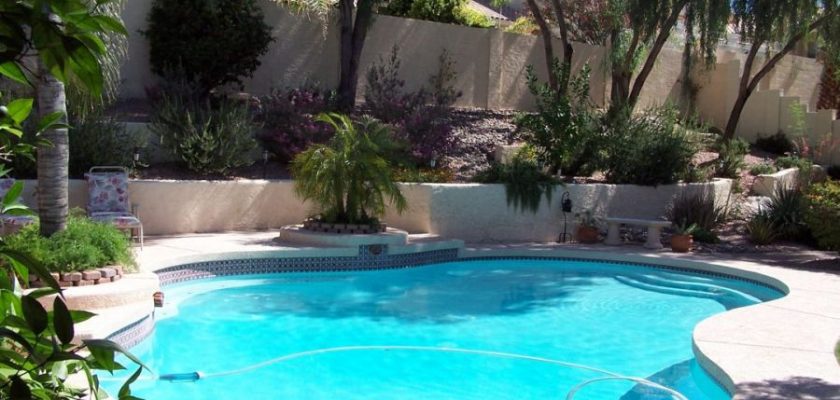Whether you already own a pool or you think about obtaining one, there are certain things you need to know about pool maintenance. Although a vast majority of people consider finishing the construction of their new favorite place in the whole world as the end of their pool-related worries, the truth is utterly different from their expectations. Namely, a pool needs proper maintenance in order to provide you with both a healthy and eye-pleasing environment. When a pool is new, you will be able to enjoy it as much as you want, but how much effort you would have to make to keep it that way depends a lot on the materials used in its construction. Since fiberglass pools have a reputation for needing less maintenance than the competition, we shall try to figure out do they really need less tendance or the statement is solely a myth.
Pool Types
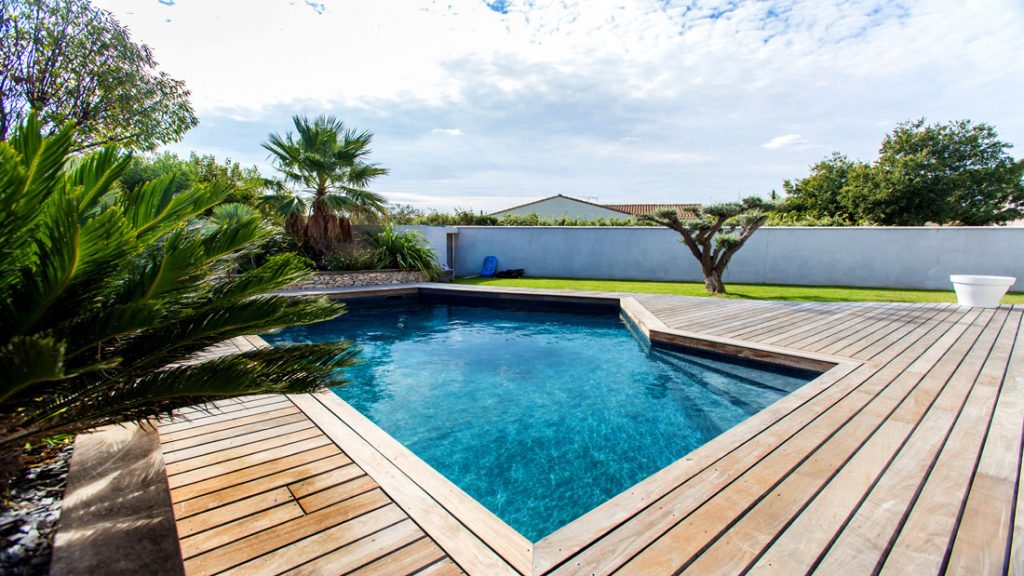
Source:alkorplan.info
Although there are numerous variations of materials used for pool construction, the most of swimming pools worldwide are made of concrete, fiberglass, or vinyl. Although every single of the aforementioned components is good, some of them are better. Namely, the cheapest one is the vinyl, so it does not come as a surprise at all that it is at the bottom of the list. That does not mean they are bad, but when compared to the other two variants, vinyl pools are the least quality option. Although they cost similarly, concrete and fiberglass pools are majorly different, and the maintenance makes the biggest difference.
Acid Washing
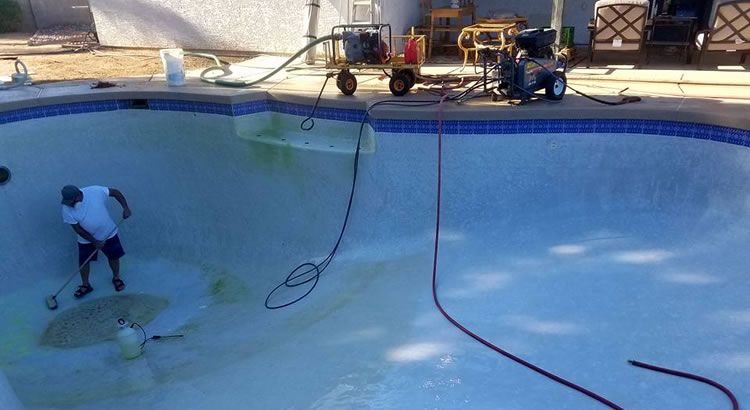
Source:arizonapooldrain.com
Due to the features of the material from which fiberglass pools are made, they do not require acid washing as concrete pools do. Namely, it is the plaster finish that causes various algae to find refuge on its surface and the easiest, but sometimes the only way to get rid of the tiring green annoyance is to use hydrochloric acid. Although it is not something you do every day, it still costs money and time, and apart from that, it damages the surface of the pool, causing additional costs in the long run.
Replastering
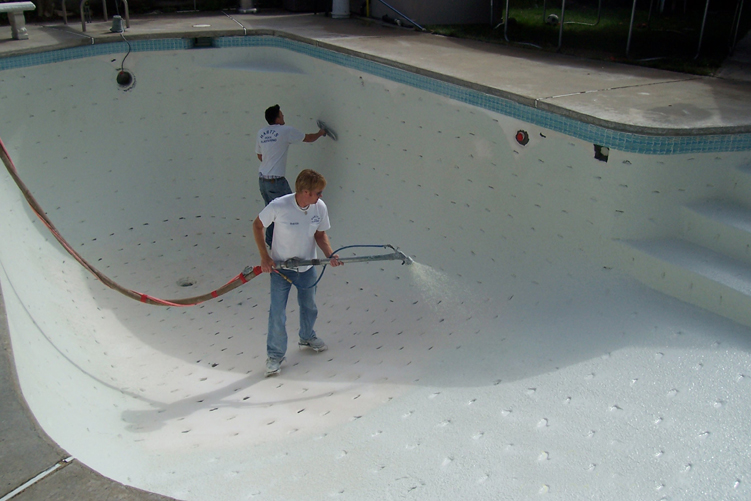
Source:neavegroup.com
Another thing you will not have to worry about if you have a fiberglass pool is replastering. Not solely is it expensive but it is what you would have to do once in a decade or decade and a half if you had a concrete pool. Also, it is a time-consuming process that would keep you and your friends and family away from your swimming pool for quite some time if done at an inappropriate time of the year.
Pool Liner Replacement
If you have a vinyl pool, you will mess around with replastering. On the other hand, if you want your pool to function normally, you will have to change its liner every 5 to 10 years, depending on its state. Fortunately, you will not have to deal with this type of renovations if you are a proud owner of a fiberglass pool, since the nature of its surface is both smooth and persistent, meaning you do not need to battle algae and think about having to spend large amounts of money every now and then on renovation. At www.donehuesleisure.com.au you will find additional info on fiberglass pools and what makes them a good choice for your setting, whether you are looking for an indoor or an outdoor solution.
Water Quality
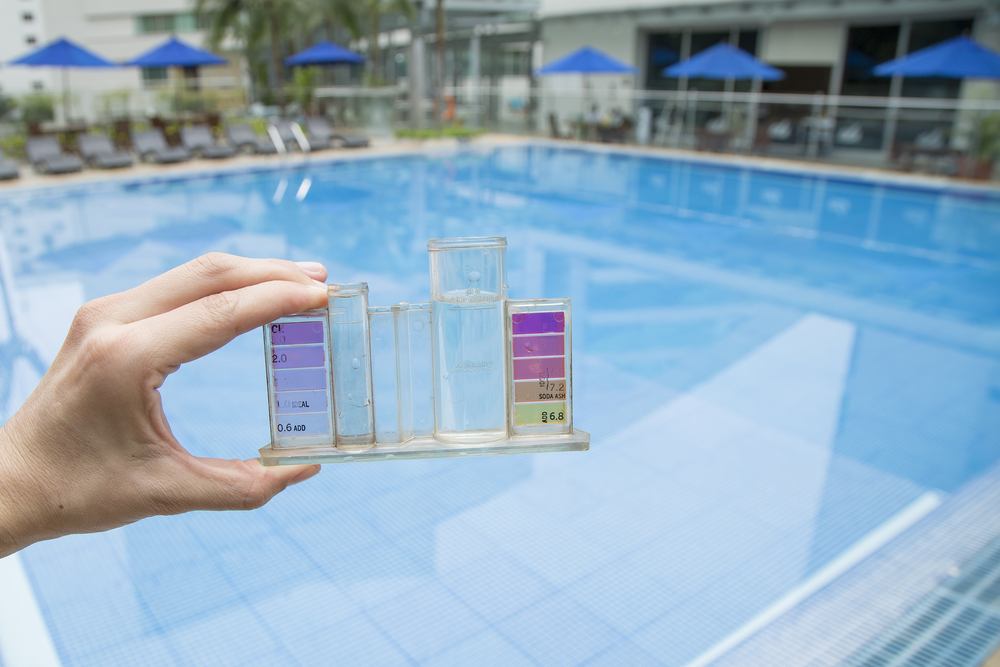
Source:americanpool.com
Since the point of having a pool is not solely catching some sun at the sunbeds by the pool but also using the pool itself, the water quality is what you should always pay special attention to. Namely, when we talk about concrete pools, we should emphasize that their plastered surface actually interacts with water making it more acidic, therefore, additional treatment of the water is a must if you want to make the water you are staying in a healthy environment. It happens in vinyl and fiberglass pools as well, but not because of the surface, but because of certain external factors such as rain or newly added water that needs to be treated. Although it is not hard to treat the water and make it valid for swimming, it still costs money and you need to do it often if you know that your pool will affect it as soon as it gets in contact with its surface.
Electricity and Chemicals
We have mentioned earlier that concrete pools need to be treated with hydrochloric acid from time to time to get rid of the accumulated algae, while the surface of vinyl and fiberglass pools do not require that treatment due to their smooth surfaces. While it is definitely a plus, it does not mean that they do not require any type of chemical treatment at all. Namely, certain chemicals are used to treat the water and the surface of all three kinds of swimming pools, and the one that would need the least chemicals would always be the fiberglass pool. We base these writings on the number of chemicals needed for annual tidying up, before or after the swimming season.
Another important factor that speaks about the costs of maintenance is the electricity used for water filters. Surely, the quality of the filter dictates the consumption of energy in general, but if the same type of filter would be applied to the same surface pools different solely in material, the largest consumer would be a concrete pool, while the second place would go to the vinyl one. The last, but definitely not the least electrical consumer would be the fiberglass pool.
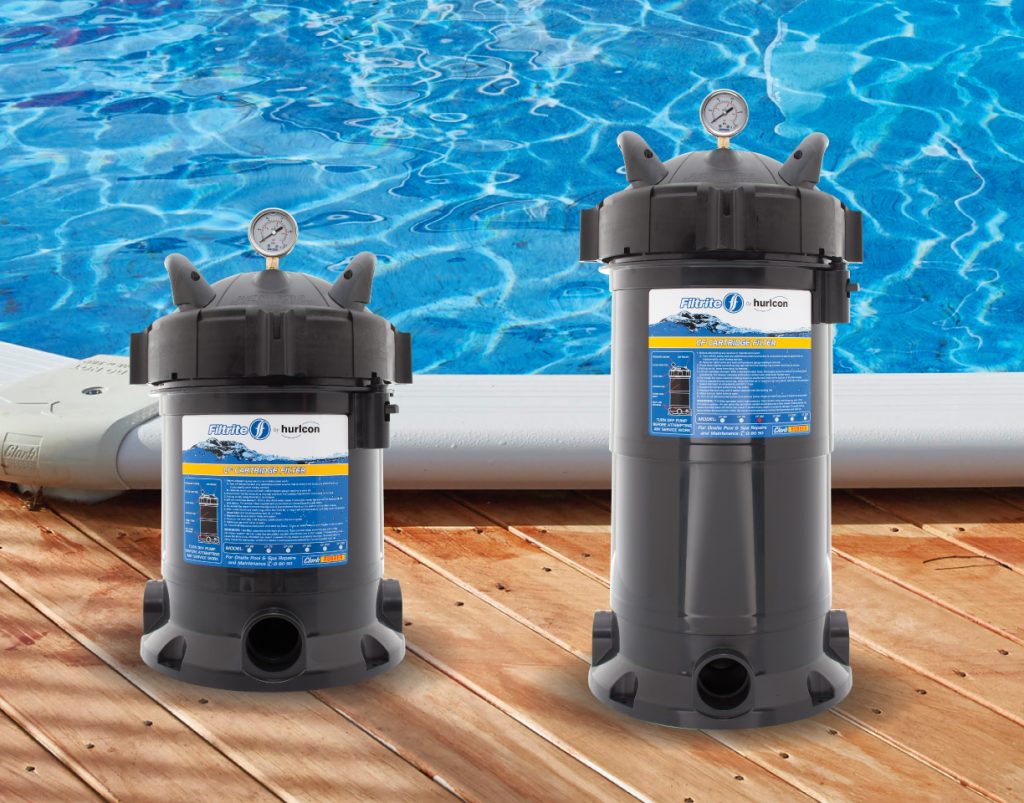
Source:clarkrubber.com.au
If you were having second thoughts on which type of swimming pool would require the least of your time and resources you should be satisfied with the pieces of information provided in the lines above because they should resolve any doubts you might have. The most important thing about swimming pools is that you can enjoy them with your friends and family as much as you can, and reduced maintenance time is definitely something that is a valid contributing factor. Thus, fiberglass might be just the material you have been searching for.

